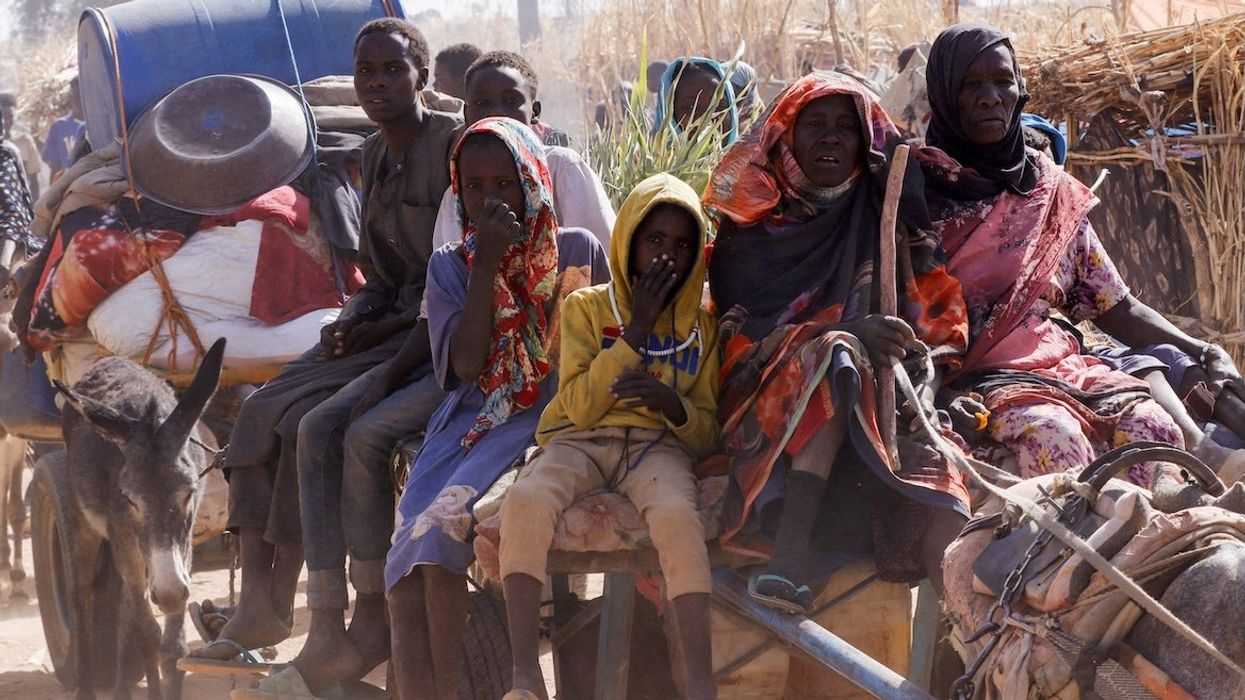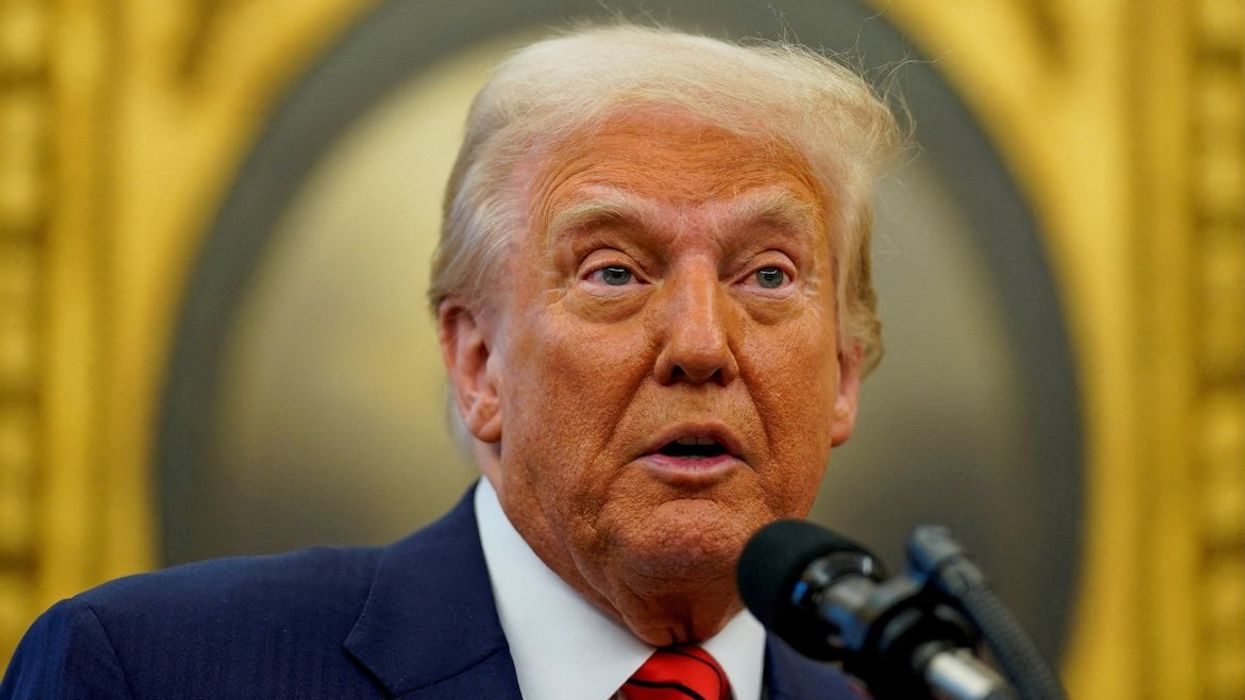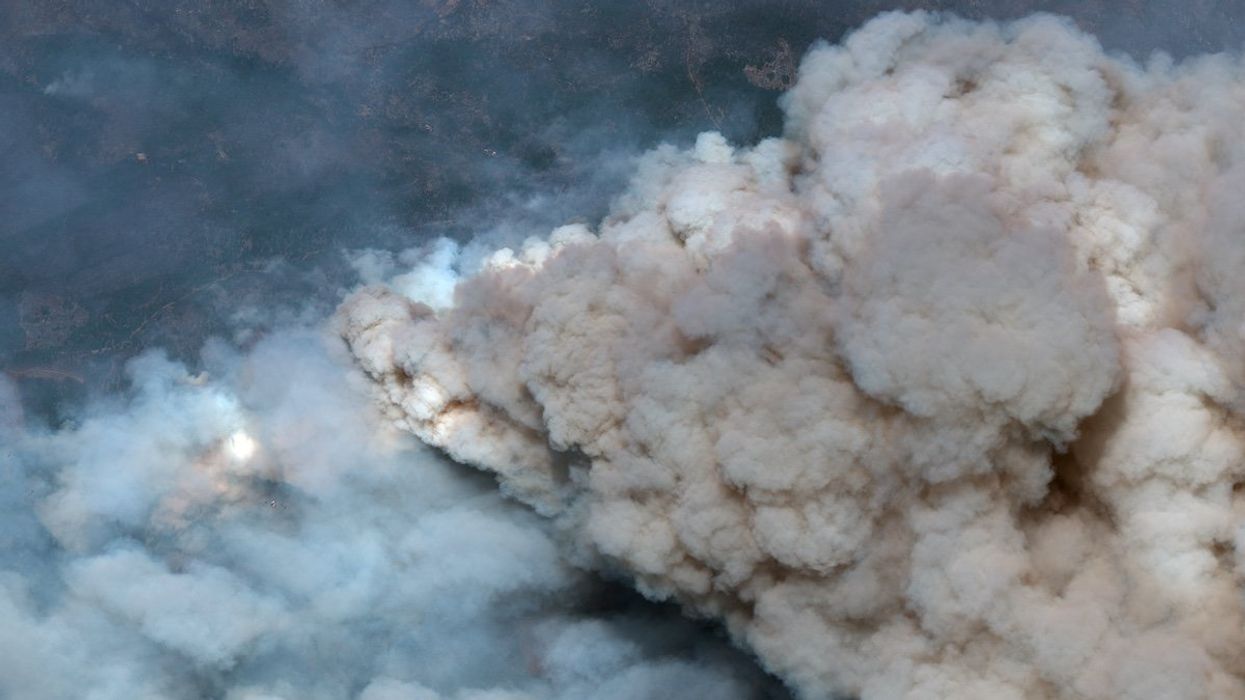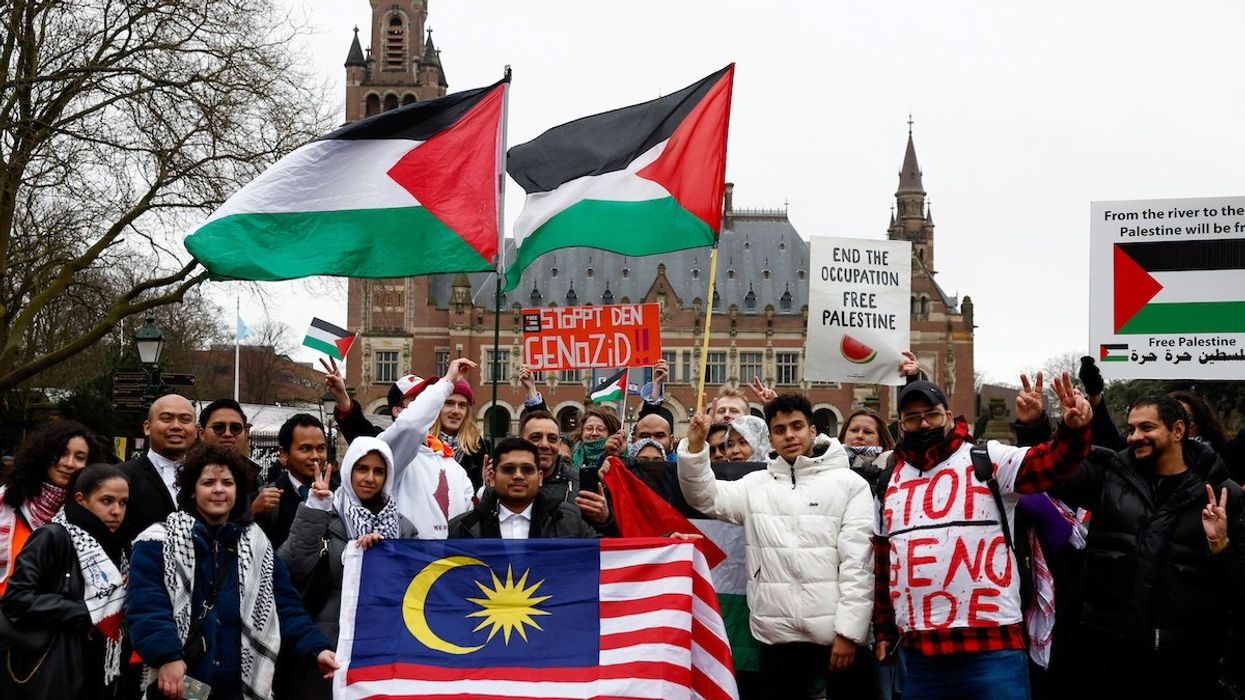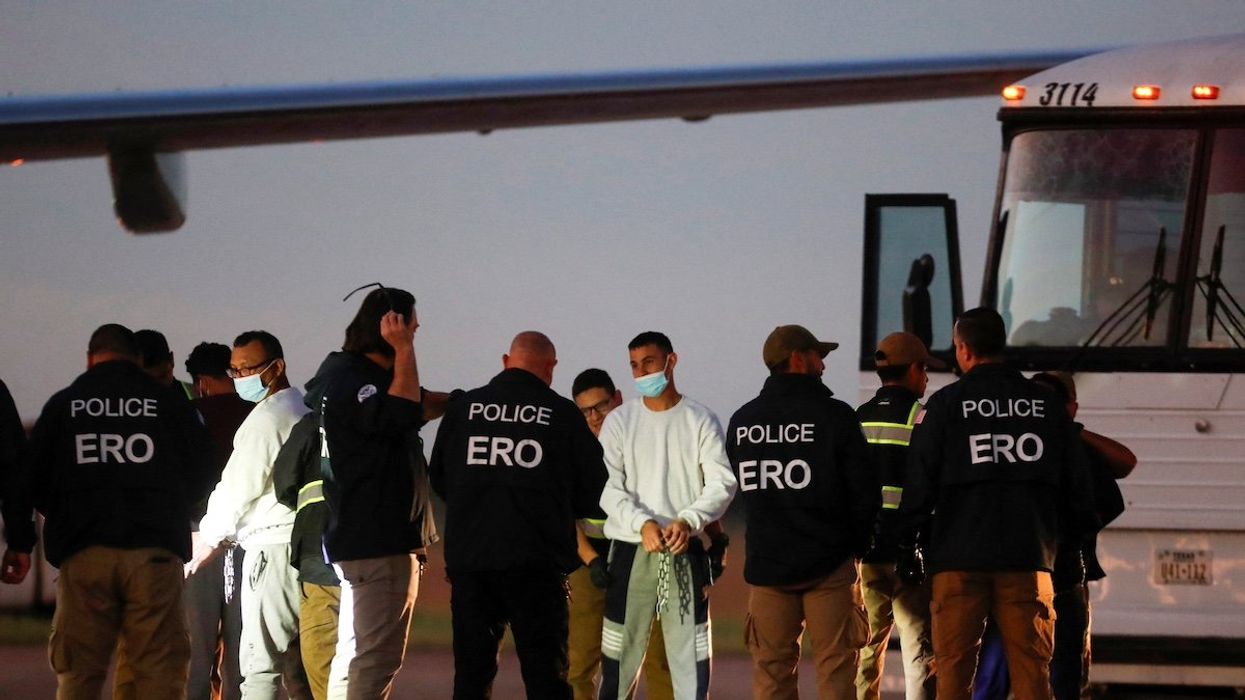What We're Watching
UN’s highest court dismisses Sudan’s claims of Emirati role in Darfur genocide
The International Court of Justice on Monday rejected Sudan’s claims that the United Arab Emirates had violated the Genocide Conventions by allegedly supplying arms to the Rapid Support Forces, a rebel paramilitary group involved in ethnic violence in Darfur.
May 05, 2025
